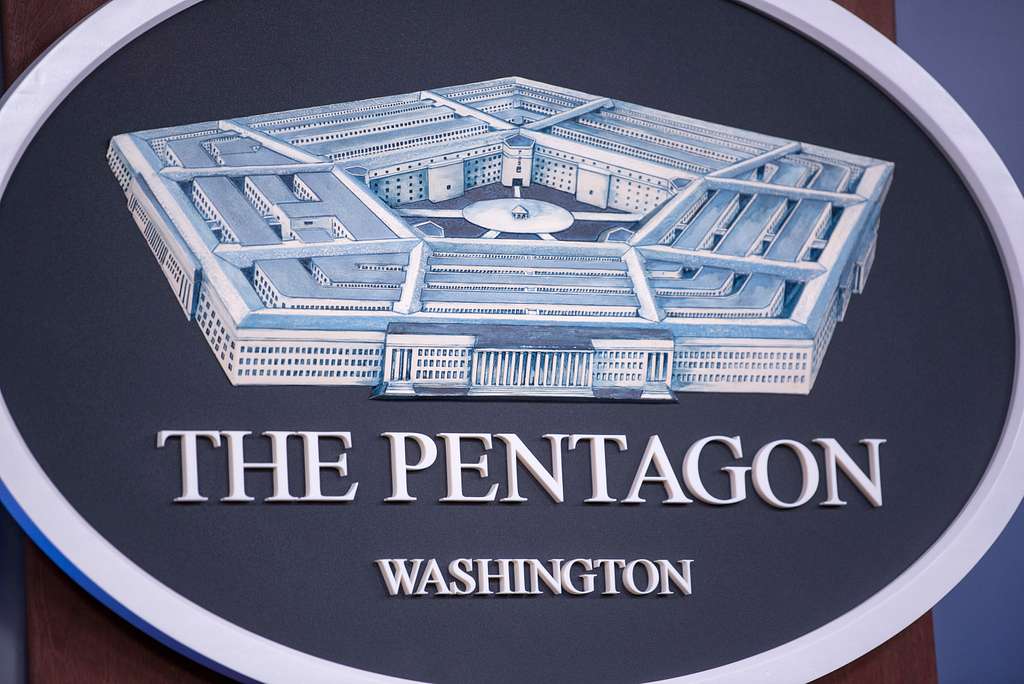Have a story idea
Have a story idea? Send it to us here.

Source : Public Domain Archive
September 7, 2023
Author : Alex Bustillos
Defense contracts have always gone to the sharks of the industry, the prime contractors, the biggest of which are firms like Lockheed Martin and Raytheon. The latest annual defense policy bills do seem to promote funds for the small fish, but more can be done.
The legislation includes a clause to enhance timely payments to small enterprises working on military contracts. Ultimately, timely payments of small enterprises result in saving taxpayer dollars for the government.
Most prime contractors working for the Pentagon outsource between 60 and 70 percent of their work. When the government offers prime contractors favorable payment terms and extensive contract financing, these negotiations often lack much information on how small business subcontractors are hired.
According to a recent Pentagon report on contract financing, these subcontractors do not enjoy the same preferential payment conditions that primes obtain from the government. Generally, primes don't pay subcontractors anything until the job is finished.
This implies that small businesses that work for the Pentagon frequently have to finance themselves or find other sources of funds to create the cash flow necessary to pay their debts and continue to operate. Poor contract terms for subcontractors may discourage businesses from working with the government, increase prices, and even cause businesses to exit the defense industry.
Primes burden the taxpayers by denying allocating the required cash flow to the subcontractors. Businesses that lack sufficient funds are obliged to borrow, often by selling previous due invoices to factoring organizations for primes. In exchange, these factoring providers give small businesses the cash they require to pay off their invoices.
Companies can be forced to sell their unpaid bills at a loss, forfeiting the value of the subcontract itself and paying any applicable fees.
Ironically, subcontractors require favorable payment terms and stable funding the most, yet only prime contractors who work directly for the Pentagon can obtain these advantages. The Prompt Payment Act stipulates that the government pays primes timely and must pay interest on late payments. Subcontractors frequently find themselves in financial trouble for not receiving these advantages.
The Senate attempts to ease the cash flow problems for small subcontractors by criticizing primes for making insufficient payments and asking them to collaborate with the right department and tackle any failures in making complete or timely payments to subcontractors.
The Congressional Research Service and the Government Accountability Office have noted the absence of data on how primes allocate subcontractors' funds. Though it doesn't imply that there's no current guidance on paying subcontractors, there is. The Pentagon must reconsider its contractors' history of delayed or decreased subcontractors' payments in its performance reviews. There is little public access to that data.
As per the scale of delayed subcontractors' payments in 2022, performance assessments don't seem to prevent businesses from underpaying or delaying subcontractors' payments.
Even worse, the GAO claims that the Pentagon's oversight procedures are not designed to and do not give complete visibility into how or whether payments are made from primes to suppliers.
Will the mounting criticism of this inefficiency in Pentagon contracting open a new era for small businesses that work with the top federal agencies? Follow Contractor News for the latest.
Category : Federal Government Public-Private Partnership
